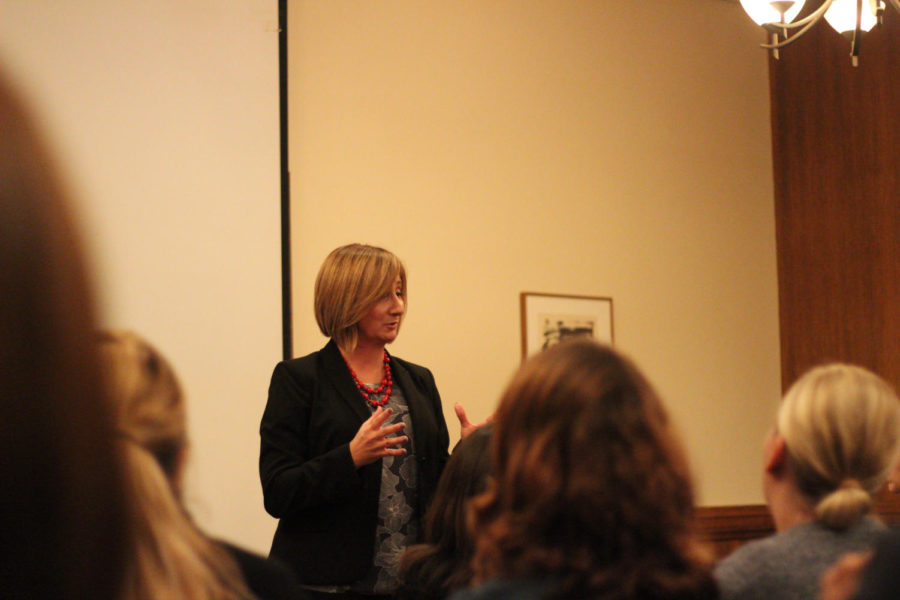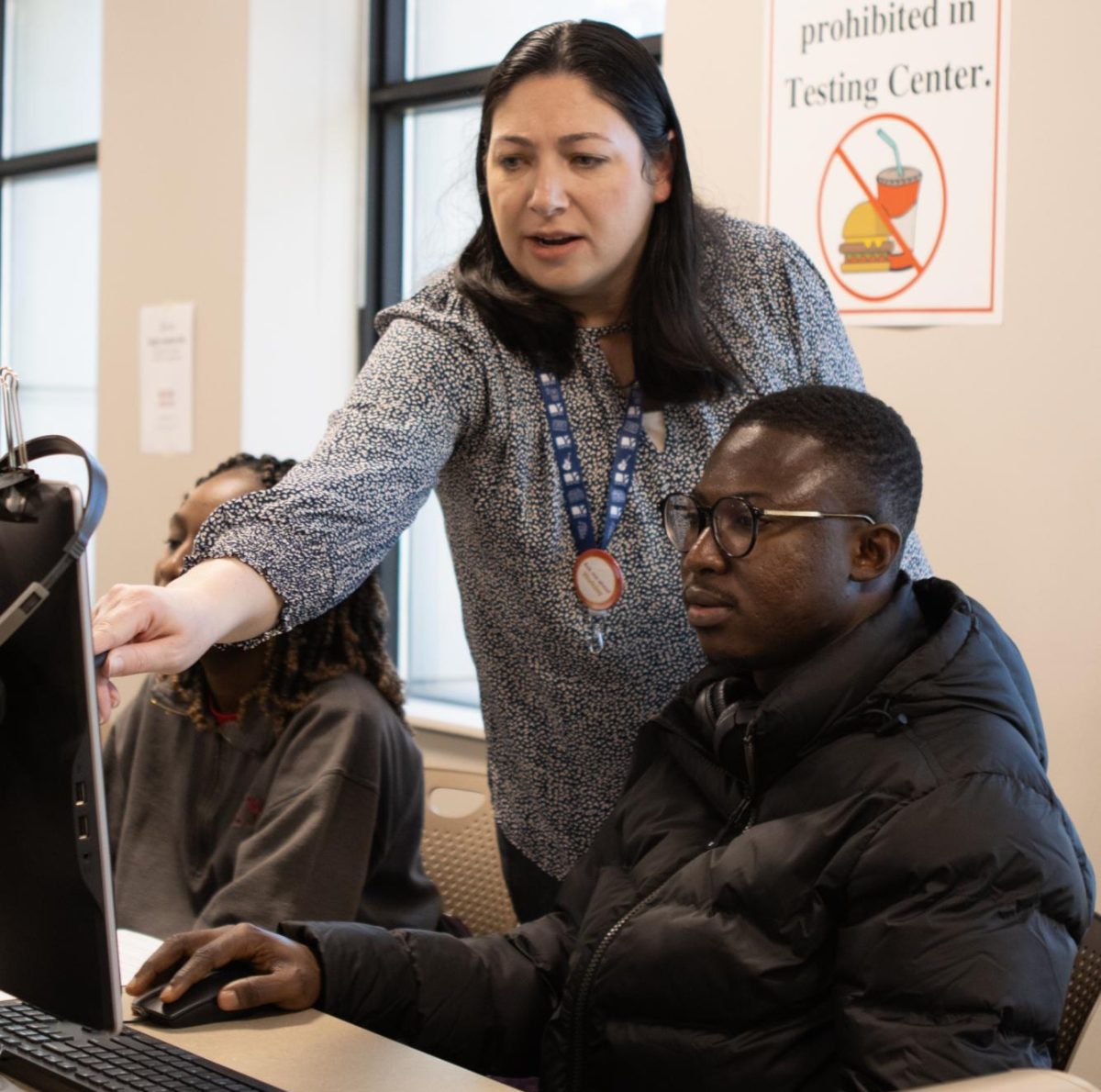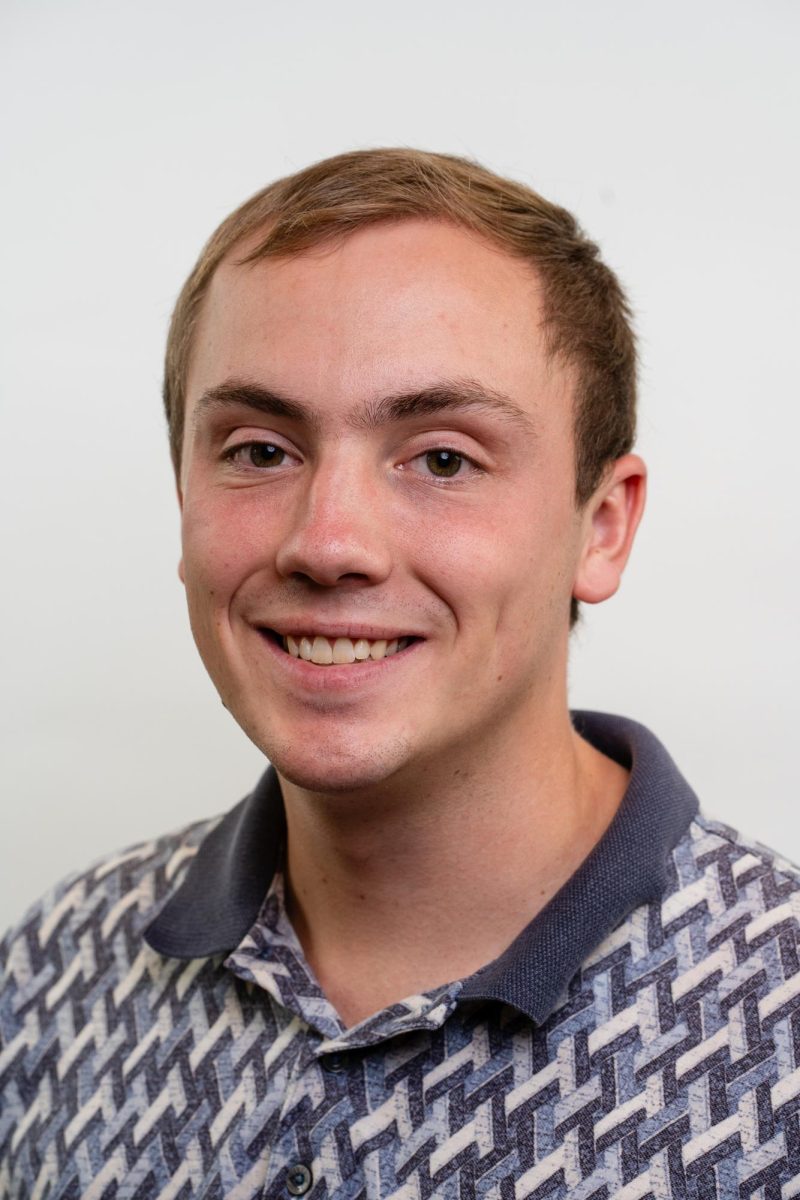Assistant VP candidate discusses holistic wellness program
August 3, 2017
Heather Paris, a candidate for the Assistant Vice President for Student Health Services position, discussed her vision for a holistic wellness program in an open forum in the Gold Room of the Memorial Union on Thursday morning.
The Assistant Vice President for Student Health Services is responsible for overseeing recreation services, student counseling, student wellness and the Thielen Student Health Center. The position is currently vacant.
Paris is currently a business manager at Iowa State Recreation Services, and has 20 years of experience as a health care executive. In her time as a health care executive, Paris oversaw 278 employees at Stewart Memorial Community Hospital in Lake City, Iowa and developed an employee wellness program.
In her vision, entitled “Cyclone Strength”, Paris aims to tackle the issue of health and wellness here at Iowa State through a three step approach. In this approach she aims to motivate students to not only graduate, but to thrive here at Iowa State and to leave better than they came.
Step one: Alignment
This step focuses on creating a central collaborative mission for Student Health Services to strive for. Her idea is with all four teams working toward the same goal, they can draw off each other’s strengths to provide the highest quality service possible to each student.
Step two: Engagement
This step focuses on engaging faculty to achieve very powerful results. This includes providing faculty with the tools and resources they need to succeed, but also motivating faculty to create personal relationships with each other and with students. Paris also aims to identify standards of behavior for the proper ways to interact with students, and to create new ones for Student Health Service to deliver a positive experience for those who utilize these services.
This includes things as simple as introductions upon arrival at the center as well as other key phrases. This is to decrease anxiety in students and to provide a seamless experience between the different teams of Student Health Services. This can also help build relationships throughout the organization, which is a major priority for Paris. She also emphasized that this may be common sense, but not necessarily common practice.
She also included benefits of an engaged team, which include overall more happiness, higher job satisfaction and productivity and a higher likelihood to stay.
Step three: Action and accountability
This step is all about applying this engagement to achieve results. This is also broken into three phases with several steps.
Success to Paris is as follows. She hopes to have leadership aligned so all teams are engaging with themselves and students to ensure that students are thriving at Iowa State. Paris wants to have a program that is an example for other organizations to model their programs off of.
Several audience members asked Paris some questions after her presentation. One asked what Paris’ first 90 days would look like to her. Paris explained that she would meet individually with her teams to identify strengths as well as opportunities for growth, and to build relationships from the very beginning.
When asked to compare and contrast her experiences in health care and at the university, she said that both are very complex organizations. A lot of individuals have very different backgrounds and duties, and that in both health care and at a university, these individuals must be united under a central collaborative mission, which was a key point of her presentation.
Student body President Cody West and Vice President Cody Smith were also in attendance. When Paris asked the audience what success looks like to them, Cody Smith spoke, and he emphasized the importance of transparency and accessibility of these services to students.
Other audience members mentioned that a seamless delivery is important. One employee mentioned that success to them would be purposeful changes so that the faculty feel motivated to change instead of feeling like they have to,
















